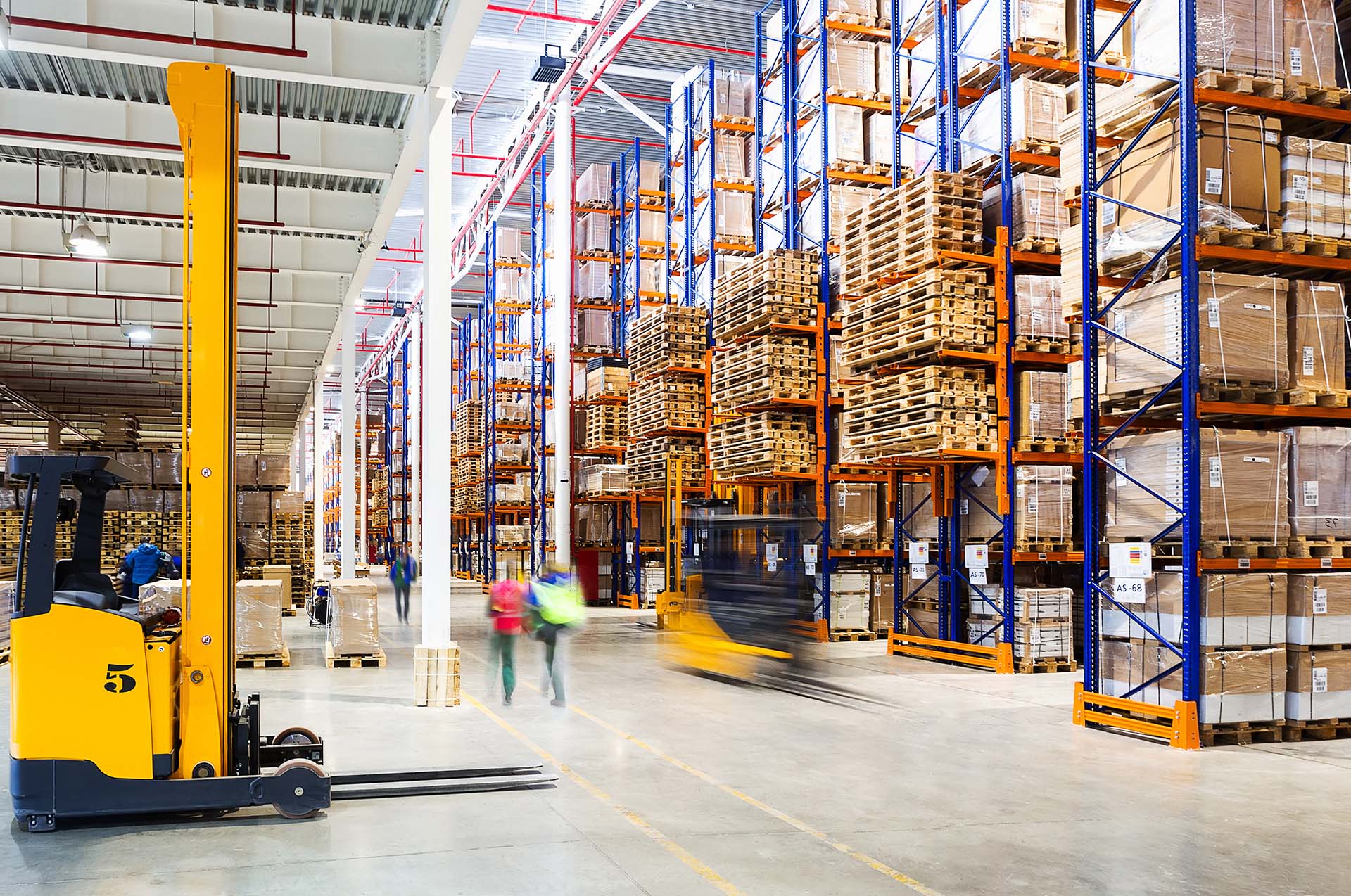Why More E-commerce Brands Are Switching to Third-party Warehousing Providers?
Third-party warehousing providers enable brands to outsource complex inventory management, order fulfillment, and shipping processes. By outsourcing to experts, e-commerce businesses gain access to cutting-edge logistics technology, strategically located distribution centers, and experienced operations teams. This shift enables brands to focus on growth-oriented activities, such as product development and marketing, without being hindered by logistical hurdles. Many brands are turning to third-party warehousing providers to streamline operations and meet consumer expectations.
Reducing Overhead Costs and Capital Investments
One of the most compelling reasons to work with warehousing service providers is the cost reduction they offer. Owning and operating a warehouse involves significant upfront capital, as real estate, labor, equipment, and technology all add up quickly. Third-party warehousing providers eliminate these costs by offering shared spaces and resources across multiple clients.
Additionally, brands benefit from variable cost structures instead of fixed expenses. During peak seasons, businesses can scale their warehousing needs up without investing in permanent infrastructure. Conversely, during slow periods, they avoid the burden of unused space and idle labor. This elasticity in operations leads to better financial control and optimized use of funds.
Enhanced Fulfillment Speed and Accuracy
Today’s customers expect fast, accurate deliveries—and they’re not willing to compromise. Third-party warehousing providers specialize in high-volume, quick-turnaround fulfillment. Using advanced warehouse management systems, they can pick, pack, and ship orders with impressive speed and minimal errors.
These providers often operate from strategically located facilities near major metropolitan areas or transportation hubs. This geographic advantage reduces shipping times and costs, enhancing customer satisfaction. With real-time inventory tracking and automated alerts, e-commerce brands also benefit from improved order transparency and fewer customer service issues.
Improved Scalability and Flexibility
As e-commerce brands grow, so do their storage and fulfillment needs. Third-party warehousing providers make it easy to scale operations without significant disruptions. Whether launching a new product line or expanding into new regions, businesses can adjust their logistics footprint as needed.
Furthermore, warehousing service providers often offer additional support such as kitting, assembly, and returns processing. This comprehensive support enables businesses to remain agile and responsive to market fluctuations. The result is a supply chain that can adapt quickly to both opportunities and challenges.
Access to Advanced Technology and Expertise
Staying competitive in e-commerce means staying ahead technologically. Third-party warehousing providers invest heavily in the latest tools, including AI-driven demand forecasting, robotics, and cloud-based inventory systems, among others. These tools enhance accuracy, reduce lead times, and optimize storage solutions.
Partnering with a warehousing service also means gaining access to logistics professionals with deep domain expertise. These teams possess a deeper understanding of regulatory compliance, carrier management, and fulfillment strategies than most in-house teams. For e-commerce brands, this expertise translates into fewer errors, faster shipping, and improved customer loyalty.
Better Focus on Core Business Functions
E-commerce companies thrive when they can devote their energy to branding, marketing, and product innovation. Third-party warehousing providers free up internal resources by handling operational complexities. This separation of duties ensures each aspect of the business receives the attention it deserves.
Moreover, by outsourcing logistics, brands avoid the learning curve and mistakes that often accompany self-managed fulfillment. They gain the confidence that comes from knowing their backend operations are handled by professionals, giving them more room to refine their customer-facing strategies.
Simplified Global Expansion
Going international is a significant milestone for many e-commerce brands—but it comes with logistical challenges. Third-party warehousing providers offer a simplified path to global expansion. Their network of international distribution centers, customs knowledge, and established carrier relationships ease the transition into new markets.
With localized warehousing service options, brands can reduce international shipping times, avoid high customs costs, and better serve regional customers. This infrastructure makes scaling globally less risky and more accessible, even for emerging brands with limited resources.
Why Third-party Warehousing Providers Are a Strategic Advantage
For e-commerce brands seeking to scale and succeed, third-party warehousing providers offer a potent and significant competitive advantage. These partnerships allow companies to reduce overhead, improve service levels, and access the kind of infrastructure previously available only to retail giants. From advanced technology and skilled labor to global networks and flexible storage options, the benefits are extensive. Relying on expert warehousing service providers enables e-commerce brands to do what they do best: delight customers, innovate faster, and grow sustainably.


